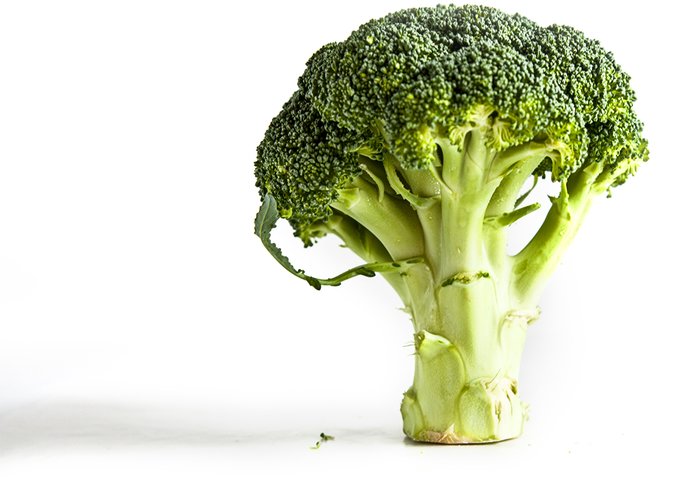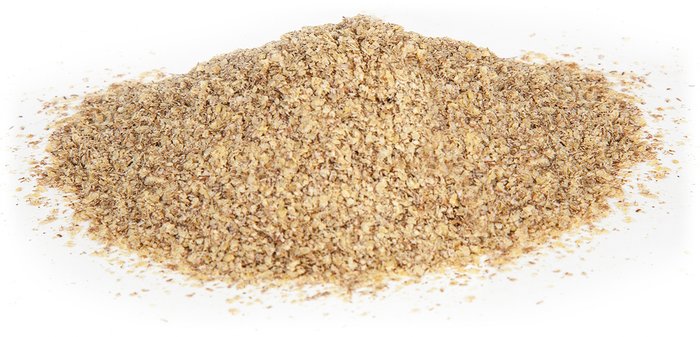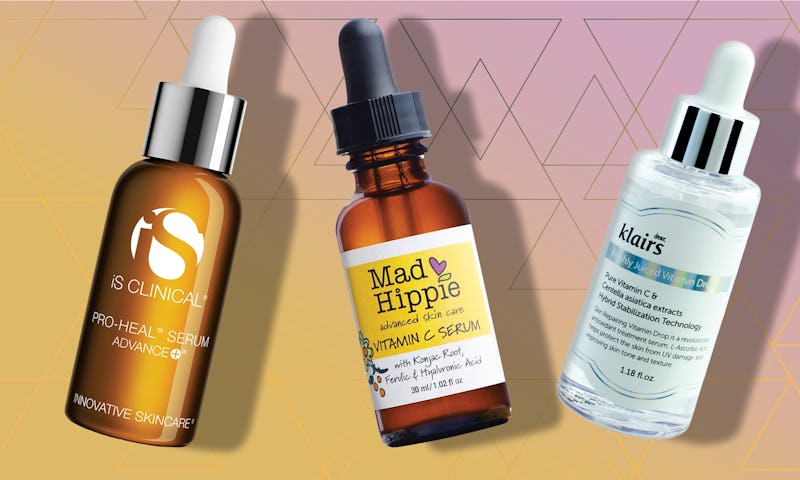Lamberts Vitamin C Powder

Hepatitis is a condition that causes inflammation of your liver. Currently, there are an estimated 6 million people living with hepatitis in the United States, and more than 50,000 people are diagnosed with this disease every year. There are three primary types of hepatitis, and while their symptoms can be similar, they vary largely in the ways they're transmitted. Learning more about each type of hepatitis can help you better understand the condition as a whole.
Hepatitis A is the most easily transmitted of the three viruses. It affects approximately 2,500 people every year in the United States. It typically spreads through feces-contaminated food or water and is found in the feces of people who have the virus. Hepatitis A causes a short-term, acute sickness that most people heal from without treatment. However, it can cause serious illness in some people. This virus is more common in places with underdeveloped sanitation systems.
While doctors can't treat hepatitis A with medication, people who get this virus can manage its symptoms with fluids, rest and good nutrition. There's also a safe and effective vaccine available to protect you against hepatitis A.
What Is Hepatitis B?
Hepatitis B can occur both acutely (meaning it develops quickly and lasts a short time) and chronically (meaning it develops slowly over time and worsens over months or years). According to the Centers for Disease Control and Prevention, up to 2 million people in the United States are chronically affected with hepatitis B. Hepatitis B can be transmitted through sexual activity and exposure to infected blood. It can also be passed from a parent to their newborn child during birth.
Hepatitis B usually causes short-term discomfort that many people recover from completely after about four to eight weeks. However, it can turn into a chronic condition that lasts for years; this is more likely in older adults. Doctors can treat severe chronic hepatitis B with antiviral medications. However, in most cases, treatments focus on proper hydration and nutrition. There's a safe vaccine available to protect you against hepatitis B, too.
What Is Hepatitis C?

Approximately 4 million people in the United States are affected with hepatitis C. This form of hepatitis causes a chronic illness in over 50% of people who get this type of the virus. It's the least transmissible of the three viruses and can spread through contact with infected blood.
Hepatitis C occurs more commonly in people who engage in intravenous drug use. If you received a blood transfusion before 1992, you should also get tested for hepatitis C if you haven't previously. Hepatitis C can spread through unprotected sexual intercourse, but this is a less common way to transmit it. While there's no vaccine for chronic hepatitis C, treatments that are available today offer a 95% cure rate.
Chronic hepatitis C can significantly affect how your liver works. It can cause cirrhosis, which means that your normal liver tissue is replaced with scar tissue. It can also cause liver cancer. However, there are medications that can help keep this disease in check. Making lifestyle changes, such as reducing or eliminating alcohol from your diet, can also decrease your chances of experiencing complications. In severe cases, hepatitis C may require a liver transplant.
The varying forms of viral hepatitis affect millions of people in the United States. Chronic hepatitis often has few symptoms in its early stages, so recognizing the associated dangers and getting tested if you've been exposed may save your life. Although there are five types of viral hepatitis, only A, B and C are the forms commonly found in the United States.
Resource Links:
"Hepatitis A, B, and C: Learn the Differences," Immunization Action Coalition
"What's the Difference Between Hepatitis A, B and C?," UNC Health Talk
"The ABCs of Hepatitis," Centers for Disease Control and Prevention
"What's the Difference: Hepatitis B vs Hepatitis C?," Hepatitis B Foundation
MORE FROM SYMPTOMFIND.COM
Source: https://www.symptomfind.com/health/knowing-difference-between-hepatitis-a-b-c?utm_content=params%3Ao%3D740013%26ad%3DdirN%26qo%3DserpIndex












